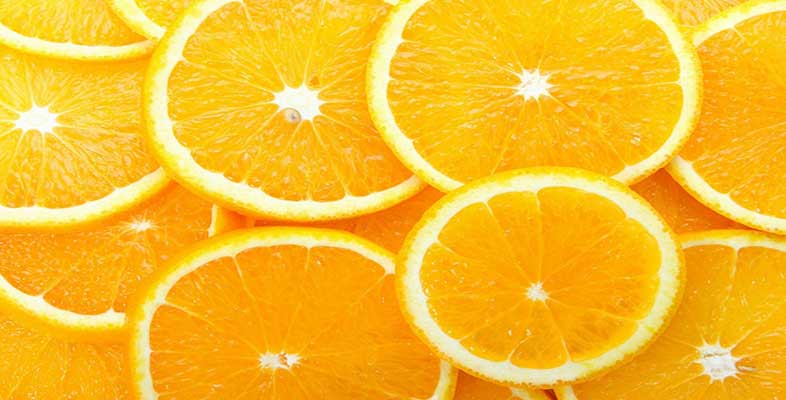Home » Course Layouts » Free Course Layout Udemy
Both vitamins and minerals are essential in the diet in small quantities.
0
52
English
English [CC]
FREE
- Learn basic syntax that can apply to any language.
- Learn what is a programming language and the basic concepts for beginners.
- Understand what is Javascript in it's truest form.
- Know the basic syntax of Javascript.
- Know some hidden quirks in Javascript.
Description
Learn about the two main vitamin groups and the major mineral elements. This course, Nutrition: vitamins and minerals, looks at the two main groups of vitamins: the fat-soluble vitamins, A, D, E and K; and the water-soluble vitamins, the B group and vitamin C. It also examines the major mineral elements, and the importance of fluid balance in the body.
Course learning outcomes
After studying this course, you should be able to:
- Understand certain minerals are required in the body and that some minerals form essential structural components of tissues
- Understand that sodium, potassium, calcium and chloride ions are important in maintaining the correct composition of cells and of the tissue fluids around them (homeostasis)
- Understand that some minerals are essential components of important molecules such as hormones and enzymes
- Understand that the correct fluid balance is essential for normal functioning of the body
- Understand that tapwater, and not just mineral water, contains minerals.
Course content
- Introduction 00:10:00
- Learning outcomes 00:10:00
-
- Introduction to vitamins and why we need them 00:30:00
- Vitamin A 00:30:00
- Vitamin D 00:25:00
- Vitamin E 00:15:00
- Vitamin K 00:15:00
- Vitamin B 00:10:00
- Thiamin (or thiamine, also known as vitamin B1 ) 00:15:00
- Riboflavin (vitamin B2 ) 00:10:00
- Niacin (vitamin B3 ) 00:15:00
- Vitamin B6 (pyridoxine) 00:10:00
- Folate (folic acid, vitamin B9 ) 00:15:00
- Vitamin B12 (cobalamin) 00:15:00
- Pantothenic acid (vitamin B5 ) 00:10:00
- Biotin (vitamin H) 00:05:00
- Vitamin C (ascorbic acid) 00:15:00
- Test your learning 00:20:00
- Key points about vitamins 00:10:00
-
- Introduction to minerals and why we need them 00:10:00
- Major minerals 00:15:00
- Calcium (Ca) 00:25:00
- Phosphorus (P) 00:10:00
- Magnesium (Mg) 00:10:00
- Sulfur (S) 00:10:00
- Sodium (Na), chlorine (Cl) and potassium (K) 00:35:00
- Trace elements 00:15:00
- Fluorine (F) 00:20:00
- Iodine (I) 00:20:00
- Iron (Fe) 00:35:00
- Selenium (Se) 00:15:00
- Zinc (Zn) 00:15:00
- Fluid balance 00:10:00
- Fluid loss 00:20:00
- Fluid gain 00:25:00
- Key points about minerals 00:15:00
- Conclusion 00:05:00
N.A
- 5 stars0
- 4 stars0
- 3 stars0
- 2 stars0
- 1 stars0
No Reviews found for this course.
Instructor
OpenCoursa
Accessible Education for Everyone
5
5
6
24772
4637
We are an educational and skills marketplace to accommodate the needs of skills enhancement and free equal education across the globe to the millions. We are bringing courses and trainings every single day for our users. We welcome everyone woth all ages, all background to learn. There is so much available to learn and deliver to the people.
Explore Free Courses
Access valuable knowledge without any cost.
{"title":"","show_title":"0","post_type":"course","taxonomy":"course-cat","term":"engineering-skills,health-and-safety","post_ids":"","course_style":"free","featured_style":"course6","masonry":"","grid_columns":"clear4 col-md-3","column_width":"268","gutter":"30","grid_number":"4","infinite":"","pagination":"","grid_excerpt_length":"20","grid_link":"1","grid_search":"0","course_type":"","css_class":"","container_css":"","custom_css":""}










